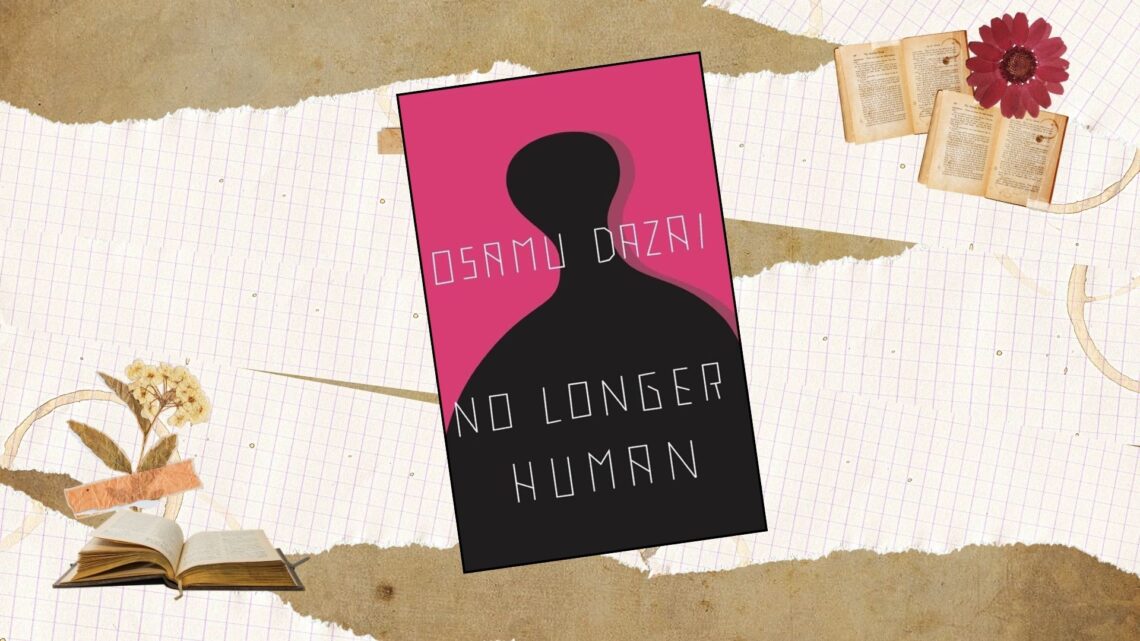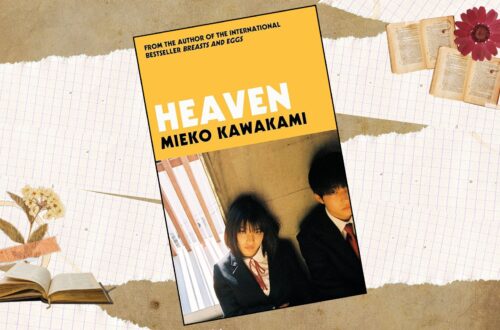“Mine has been a life of much shame. I can’t even guess myself what it must be to live the life of a human being.“
While I’m not one to be against reviewing autobiographical works, there is always an underlying feeling of uneasiness. Imagine this feeling when No Longer Human by Osamu Dazai—Japan’s famous capture of depression—is introduced. This isn’t a book I’d recommend to anyone in good faith.
No Longer Human certainly isn’t lacking in media attention. I first heard of the book through Junji Ito’s adaptations of the work. The second time was through easter eggs in an anime. The third, as a massively popular and recurringly recommended work in social media. It’s a sickening, suicide note of a novel. As much as I cringe to say it, this bleak reputation is why this book is so popular. People like reading about human suffering. After all, what better way to look into the psyche of someone as shattered as Dazai portrayed himself?
Bleak and honest to a disturbing degree, No Longer Human is Osamu Dazai’s brief recollection of his life. Social alienation and learned helplessness seep through every page. The narrator, Oba Yozo, is born into a well-off family, yet he squanders it. Women fawn over him, but he’s learned to detest the attention. He comes to loathe the figures in his life. The result is a suffocating, wretched jumble of a work.
Of course, merely summarizing such an autobiography into these sentences is reductive. But there isn’t much I can say about this book other than that it’s depressing and cynical, as well as highly, highly honest. He’s flawed, misogynistic, and arguably deceiving. We see a man wholly trapped in the confines of his mind, weaving through his experiences in a matter that, as a detached reader might argue, reflects selfishness. Depression is a tricky thing to characterize. Perhaps this common antagonization pitted against the book by so many readers—and I will admit, as I realize I have done as well—only adds to the alienation he has so thoroughly described in his work. This is all to say, this book is thoughtful yet not at the same time. It is thoughtful in a way a lot of us can’t understand, in a way that we should be thankful if we don’t understand.
Looking at the novel from this angle, I can see that this novel might even feel freeing for some people. There is always something to be gained from literature, whether it be through a different perspective or a sense of being perceived. To show the certain reader that they are understood, I believe, is what motivated the author to write such a piece. After all, alienation is the worst thing to do to someone, as Dazai had written over and over again. The few happy moments in this book are with the one friend who understood him, on a certain level at least.
In the epilogue of the book, someone describes Yozo as an angel. It’s odd to read such a dialogue after having gone through everything else. There is almost a cathartic effect to such an expression.
It’s chilling yet so human to fall into such a wretched personal truth for yourself—as the direct translation of No Longer Human suggests, to be “disqualified as a human.”




